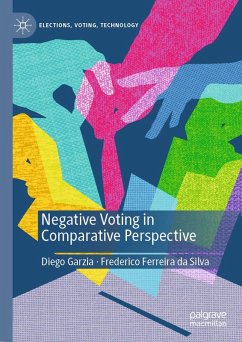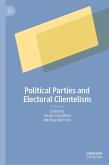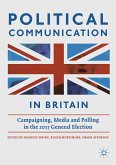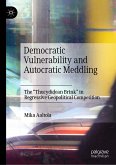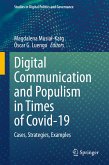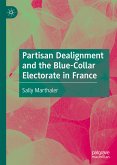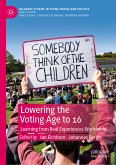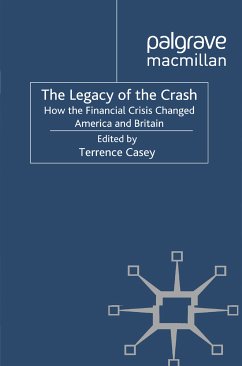---James Adams, University of California at Davis
Negative Voting in Comparative Perspective is an insightful conceptualization and exploration of a vital aspect of democracy. By delving into the intricacies of negative voting, this book equips readers with a deeper understanding of the mechanisms that underpin electoral choices and the accountability of elected officials. This book is a valuable addition to the literature, providing a nuanced and enlightening perspective on the democratic process.
---Carolina Plescia, University of Vienna
Why do some people conceive their vote choices as mostly against, rather than for a given party/candidate? Who are these negative voters? What macro-level conditions favor the development of negative voting? This volume provides answers to these questions through the first comparative assessment of negative voting in contemporary democracies. It presents a composite theoretical framework for the analysis of negative voting and tests it extensively on originally collected survey data from Canada, France, Germany, the Netherlands, and the United States. Examining negative voting as a possible behavioral consequence of affective polarization and negative partisanship, this study sheds light on the electoral implications of increasingly antagonistic attitudes among the electorate.
Diego Garzia is an Assistant Professor of Political Science at the University of Lausanne, and also a recurring Visiting Fellow at the European University Institute in Fiesole. He currently serves as a member of the Scientific Committee of the Italian National Election Study (ITANES). With Palgrave Macmillan, he authored Personalization of Politics and Electoral Change in 2014.
Frederico Ferreira da Silva is a Senior Researcher at the University of Lausanne, Switzerland. He received a Ph.D. in Political and Social Sciences from the European University Institute. His research on elections, public opinion and voting behavior has been published in numerous academic journals and monographs.
Dieser Download kann aus rechtlichen Gründen nur mit Rechnungsadresse in A, B, BG, CY, CZ, D, DK, EW, E, FIN, F, GR, HR, H, IRL, I, LT, L, LR, M, NL, PL, P, R, S, SLO, SK ausgeliefert werden.

